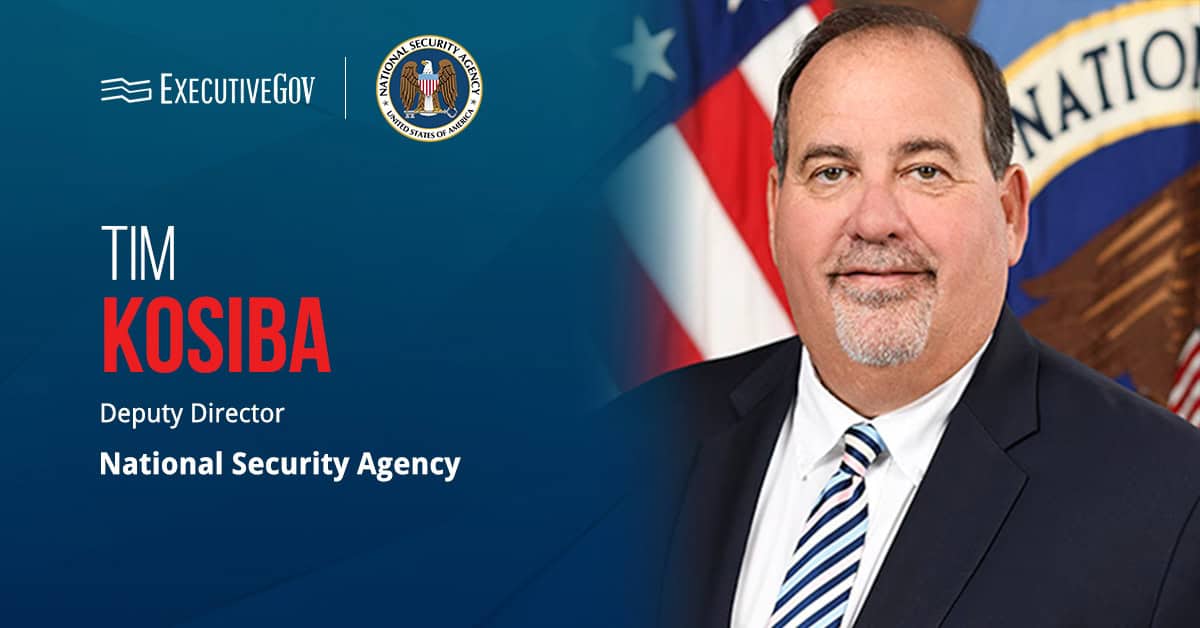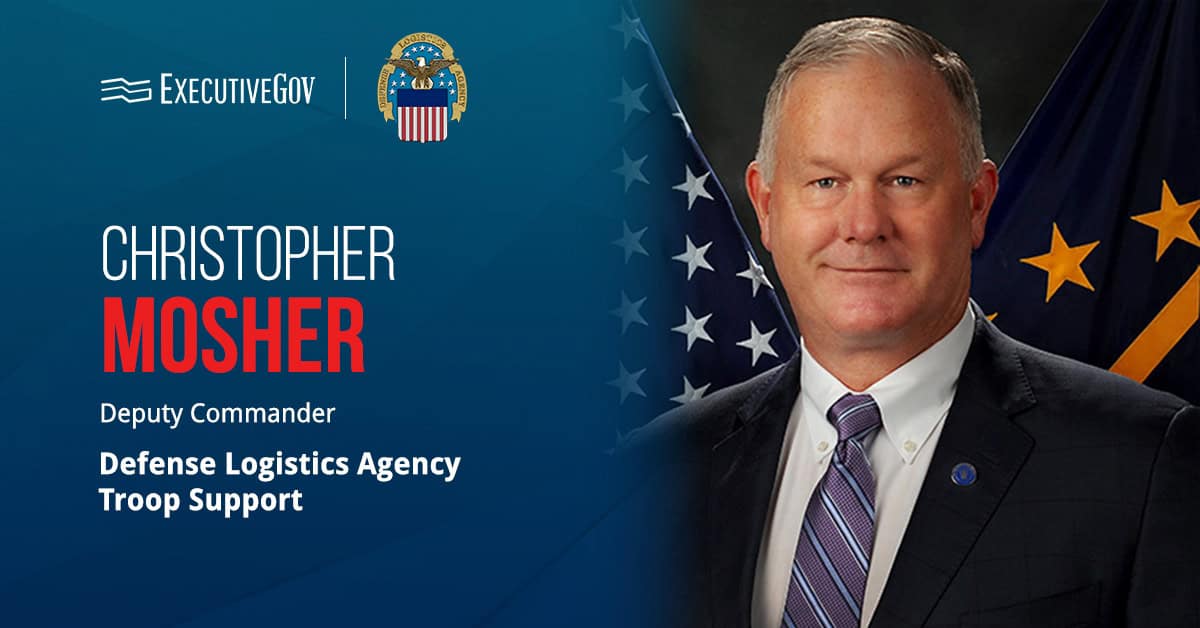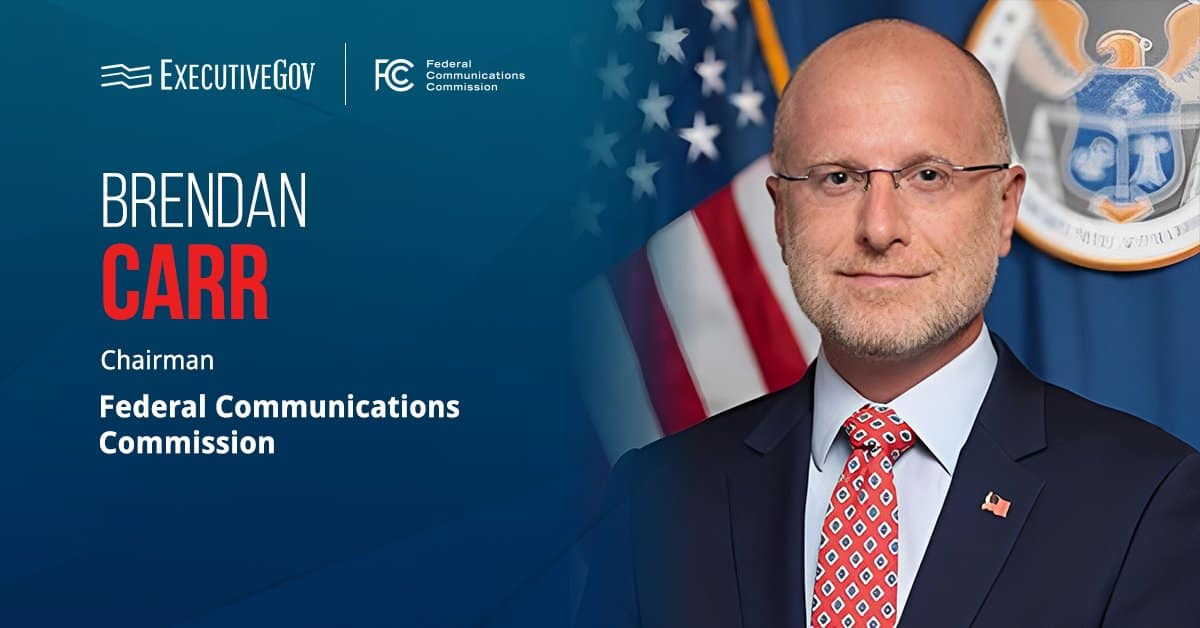
NASA has received two ground support components that will be used to process a rover vehicle designed for Mars exploration.
The Kennedy Space Center is slated to assemble and utilize the vehicle’s spin table and spacecraft assembly and rotation fixture upon the completion of the Mars 2020 rover, the agency said Wednesday.
NASA will use SCARF to enable teams to reach the vehicle and combine all of the rover’s individual parts. The fixture will then rotate Mars 2020 at 180 degrees to encapsulate the vehicle into the United Launch Alliance-built Atlas V 541 rocket’s payload fairing.
The vehicle is scheduled to launch from Cape Canaveral Air Force Station in 2020.
Mars 2020 is built to study the geology of the red planet and seek for any signs of microbial life. In addition, it will hold seven scientific instruments that will work to carry out various studies.





